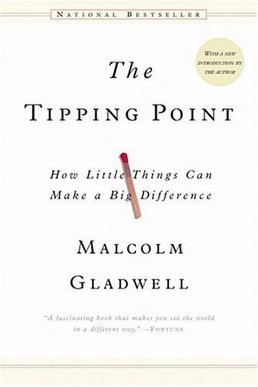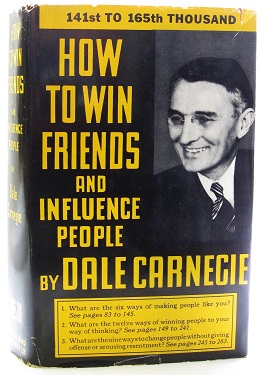Lists









9 Books
Books - Non Fiction
Sort by:
Recent Desc
More lists by M. C.



Reading list
List includes: Influence: The Psychology of Persuasion, The Tipping Point: How Little Things Can Make a Big Difference, How to Win Friends and Influence People
May 2022
0
M
@mcritelli12



Watchlist
List includes: Mad Men, The Tudors, Deadwood
July 2021
0
M
@mcritelli12



TV - Drama - All
List includes: Rome, The Wire, Sherlock
March 2021
0
M
@mcritelli12



TV - Period Pieces
List includes: Rome, Peaky Blinders, Marco Polo
March 2021
1
M
@mcritelli12


Books - Sports
List includes: Moneyball: The Art of Winning an Unfair Game, The Essential Smart Football
February 2021
0
M
@mcritelli12

Books - Fiction
List includes: The Count of Monte Cristo
November 2020
0
M
@mcritelli12



TV - Sci-Fi
List includes: Dark, Westworld, Stranger Things
October 2020
0
M
@mcritelli12



TV - Modern
List includes: The Wire, Sherlock, True Detective
October 2020
0
M
@mcritelli12



TV - Comedy
List includes: The Office, Arrested Development, Entourage
September 2020
1
M
@mcritelli12